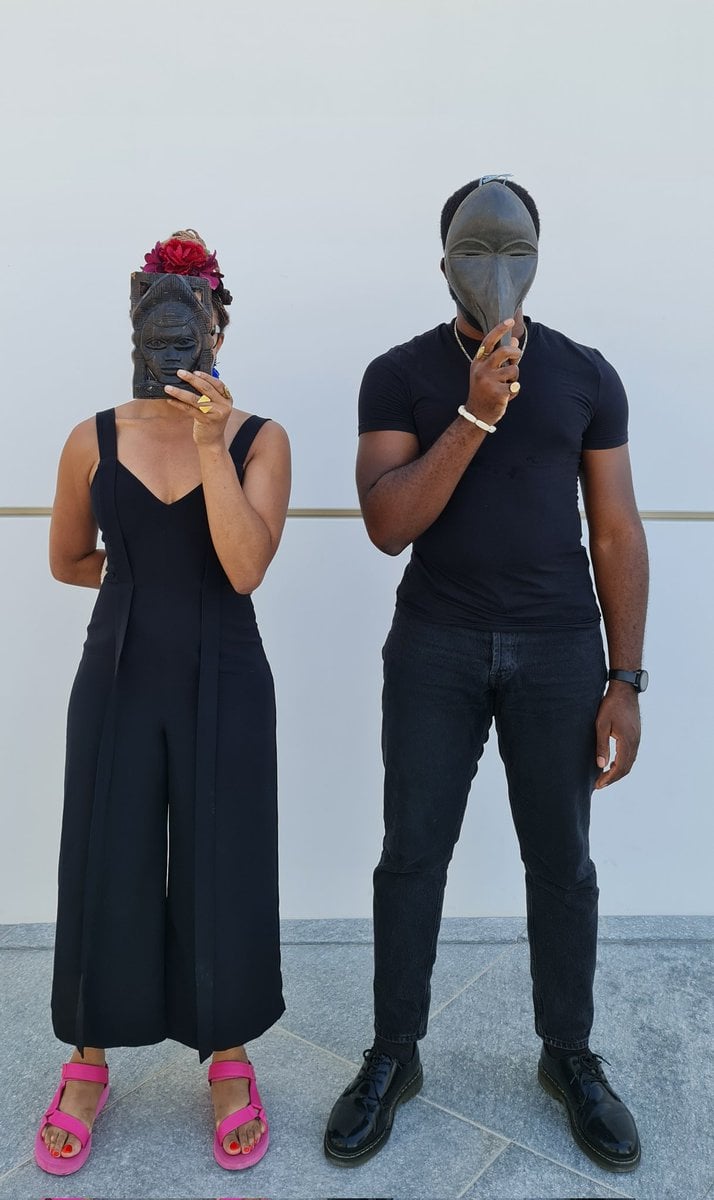
While museums debate returning objects that may have been acquired through theft, war, or colonization, one digital entrepreneur is taking matters into their own hands. Chidi Nwaubani has come up with the virtual restitution project Looty, which produces NFTs of looted objects in major institutions and sells them, with 20 percent of the proceeds going to grants for young African artists.
Looty uses an entirely legal process that sends representatives into institutions to digitally capture looted artifacts, render them in 3-D, and create NFTs from them. Named after a dog taken from China and given to Queen Victoria as a gift, the project contributes to the charged conversations around restitution in a witty and anarchic way.
“Before the British were looting artifacts in Africa, they had already made a fortune from the things they stole from China. In choosing the name ‘Looty,’ I am referencing that, but also referencing the dog that was given to Queen Victoria,” Nwaubani told the BBC. “Even though we are called Looty, we are doing it in a nonviolent way, and also a legal way.”
A Looty NFT. Courtesy of Looty.
The Looty website details the first drop, a first collection of 25 NFTs of Benin Bronzes—based on a looted Oba head in the British Museum—released as a unique set of 1:1 designs. Each sale will pay royalties of 20% into the Looty Fund. The fund is open to artists under the age of 25 from the African continent and will start to pay out when 75 percent of the collection has sold. Artists can sign up to the program here.
Nwaubani wanted to find a way bring the Benin Bronze back now, rather than wait years for a forthcoming museum being built in Nigeria to be finished: “If you live in maybe Benin and you want to be inspired by the artwork that comes from your ethnic group, first you need to apply for a visa, then buy the ticket for a plane, get to England, and book hotels. You then go and view the artwork. There are not many people who are going to be able to do that,” he said.
A Looty Oba head NFT. Courtesy of Looty.
While bronzes from Benin have begun heading back to Nigeria from France, Germany, the United States, and Scotland, the conversation rumbles on. Looty leapfrogs the bureaucracy and political machinations to arrive at a digital form of restitution, says Nwaubani.
The next stage of the project will be the building of a virtual museum in the metaverse to house the reclaimed artifacts, as well as expansions into augmented reality and merchandise. The hope is to extend the project globally, creating a family of digital looters to add to the virtual museum. While the first drop’s Benin Bronzes have yet to sell out, the subject of the next has already been decided: an artifact from Egypt.